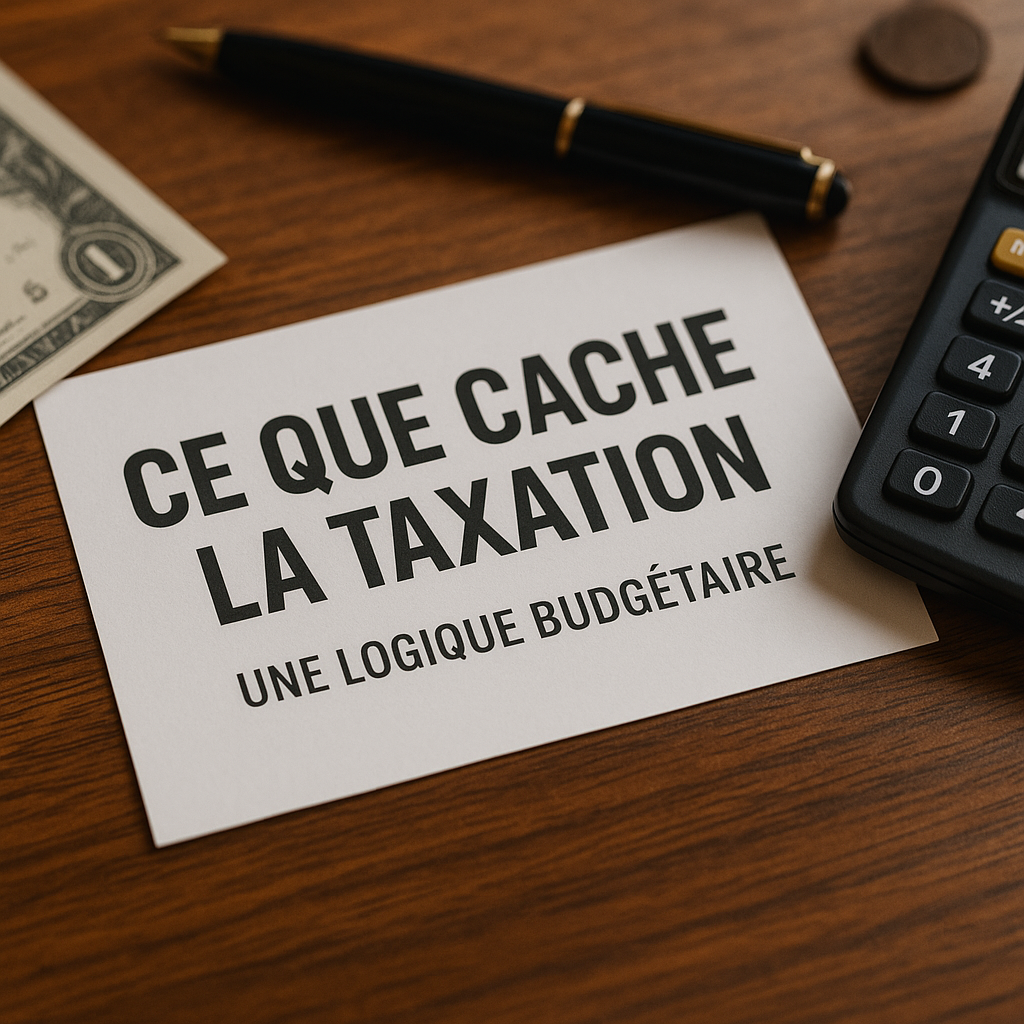A measure that makes vapers cough… and professionals too
If you use an electronic cigarette to stay away from tobacco, a decision by the European Union could call everything into question. Brussels is considering introducing a tax on vaping liquids, whether or not they contain nicotine. Officially, this measure is intended to harmonize taxation across the EU, but for many players in the sector, it hides another reality: pushing ex-smokers back towards traditional tobacco, which is heavily taxed.

🧾 A standardized European tax: what exactly are we talking about?
The European Commission wants to introduce a minimum tax of €0.10 per ml for nicotine-containing liquids and €0.03 per ml for nicotine-free liquids. For the average consumer, this could represent a significant increase in the price of bottles, sometimes up to 25% more on certain products.
But this tax does not come out of nowhere: several countries such as Germany, Italy, Estonia and Finlandalready imposesimilar taxes. Brussels’ stated aim is simple: to put an end to price differentials between member states. On the surface, it’s a tax harmonization measure. In reality, it’ s a bomb for consumers and small retailers.
🚬 Vapoter or smoker: a health or tax choice?
Numerous studies have shown that electronic cigarettes are far less harmful than traditional cigarettes. It contains no tar, carbon monoxide or the thousands of carcinogenic substances generated by tobacco combustion.
And yet… by wanting to tax vaping liquids at the same level as tobacco products, the EU is blurring the lines between a withdrawal product and a lethal product.
➡️ For industry professionals, it’s clear:
“They want people to go back to tobacco, where the state gets 80% back in taxes.”
This cry of alarm does not come from a lobby, but from distributors, retailers and former smokers, all convinced that this decision would be counter-productive for public health.
🏪 Vaping professionals on the front line
In specialist stores, the anxiety is palpable. Vaping is a young, fragile market, often driven by independent entrepreneurs. A price hike could kill e-cigarettes’ appeal, despite the fact that they are one of the most effective ways to quit smoking.

👤 Trader’s testimony:
“By dint of taxing liquids, we’re going to end up with people going back to the local tobacconist to buy their pack of cigarettes. And the Social Security system will pick up the tab.
The message is clear: taxation must not undermine public health.
🔍 Inconsistent logic for ex-smokers
Imagine the situation: you quit smoking two years ago. You’ve traded in your Marlboros for a 5-euro bottle of e-liquid. And tomorrow, because of this tax, you have to pay 2 or 3 euros more for the same product.
The result?
- Either you reduce your consumption (and risk a relapse);
- Either you go back to tobacco, which has become economically competitive again;
- Either switch to non-compliant products purchased online or on the black market.
None of these options is good. All run counter to the public health policies promoted by the WHO or national authorities.
💡 The real problem: the lack of distinction between uses
Thee-cigarette is a tool. It doesn’t make you 100% free, but it enables millions of people to quit smoking, often after multiple failures. Treating e-cigarettes for tax purposes as a convenience or leisure product is tantamount to denying their role in helping people quit smoking.
Some countries, such as the UK, have understood this nuance: there, vaping is integrated into smoking cessation programs. In France, the situation remains totally unclear… and the EU seems intent on standardizing the error.
💸 What taxation hides: a budgetary logic
Behind this decision lies a brutal reasoning:
Tobacco brings in a lot of money for the state.
Every pack of cigarettes sold contributes 80% of the final price to the public purse.
By comparison, vape brings in very little, and sometimes nothing at all in countries without taxation. So rather than compensate for this loss through public health or prevention measures, the EU is taking the easy way out: making vape users pay.
⚠️ A double-edged sword for states
But by wanting to tax too much, the European Union is taking a major political and health risk:
- Users are likely to turn away from vape, despite the fact that it is 95% less harmful than cigarettes.
- Tobacco tax revenues will never offset the costs of smoking-related illnesses: cancer, stroke, lung disease…
- The EU’s image in terms of public health will be weakened, even as it positions itself as a protector.
✅ How can we avoid a health disaster?
- Differentiate taxation according to product function: a liquid intended for withdrawal should not be taxed like a recreational product.
- Control the quality of liquids rather than their price.
- Work with healthcare professionals, tobaccologists and users to define a coherent policy.
- Set up information campaigns to avoid confusion between vaping and smoking.
🔚 In conclusion: protecting health or maximizing revenue?
Taxing e-cigarette liquid is a highly responsible political choice. By choosing to tax a harm reduction tool, the European Union is taking the risk of jeopardizing years of tobacco control efforts.
Former smokers deserve better. They deserve a coherent health policy based on science, not short-term fiscal considerations.
Do you want to quit smoking permanently?
👉 Discover the natural method of the anti-smoking laseran effective, fast alternative without chemical substitutes, acclaimed for its high success rate.
